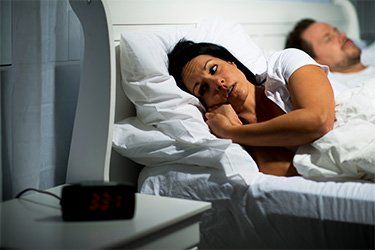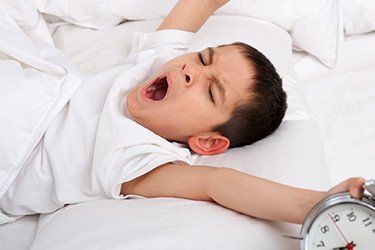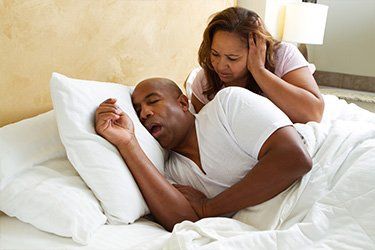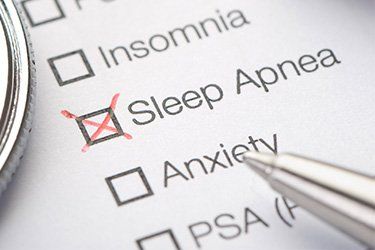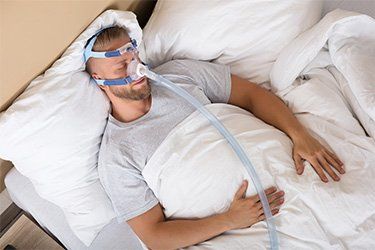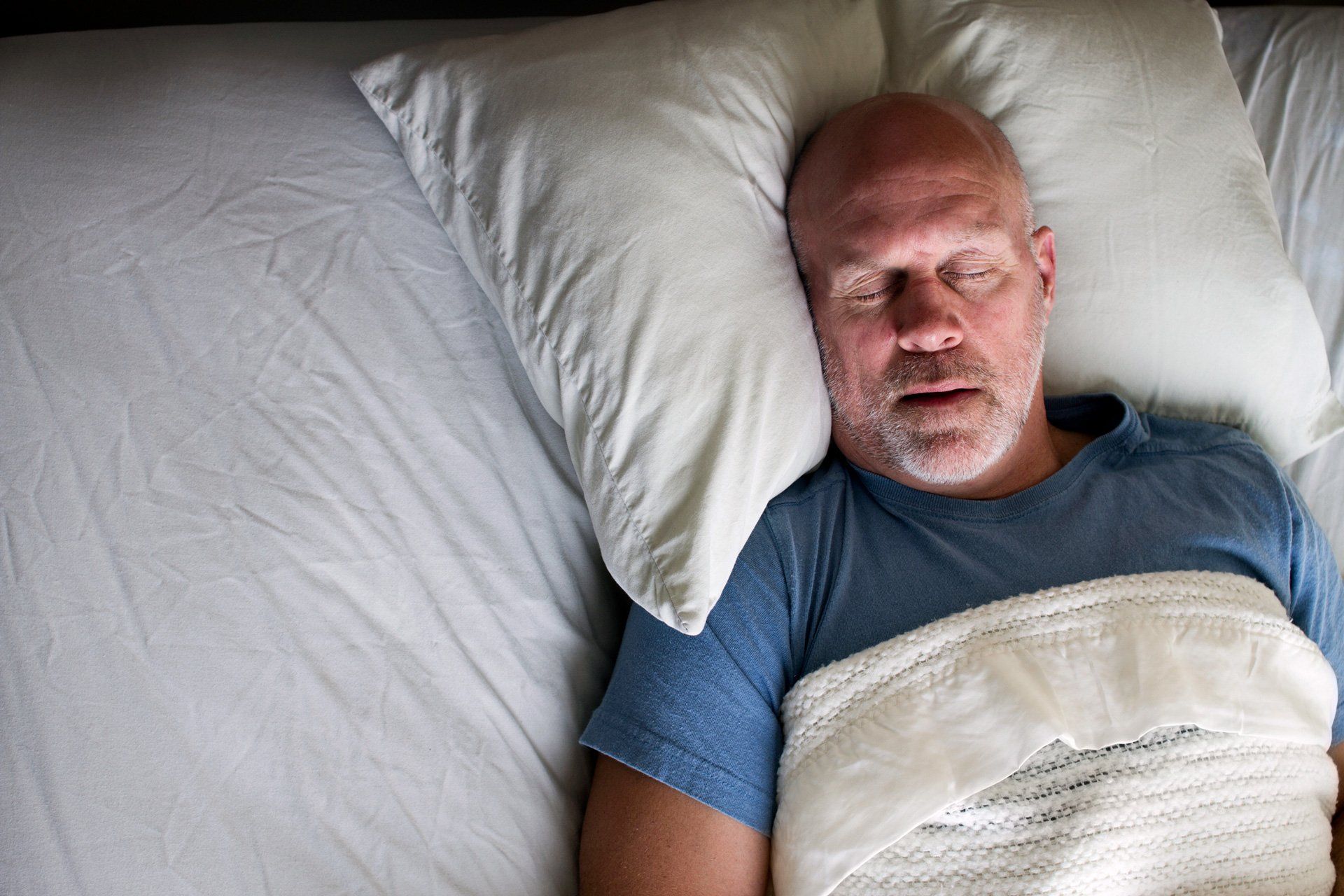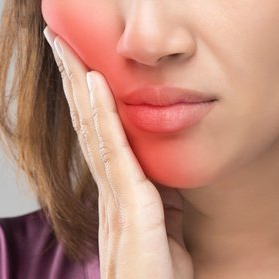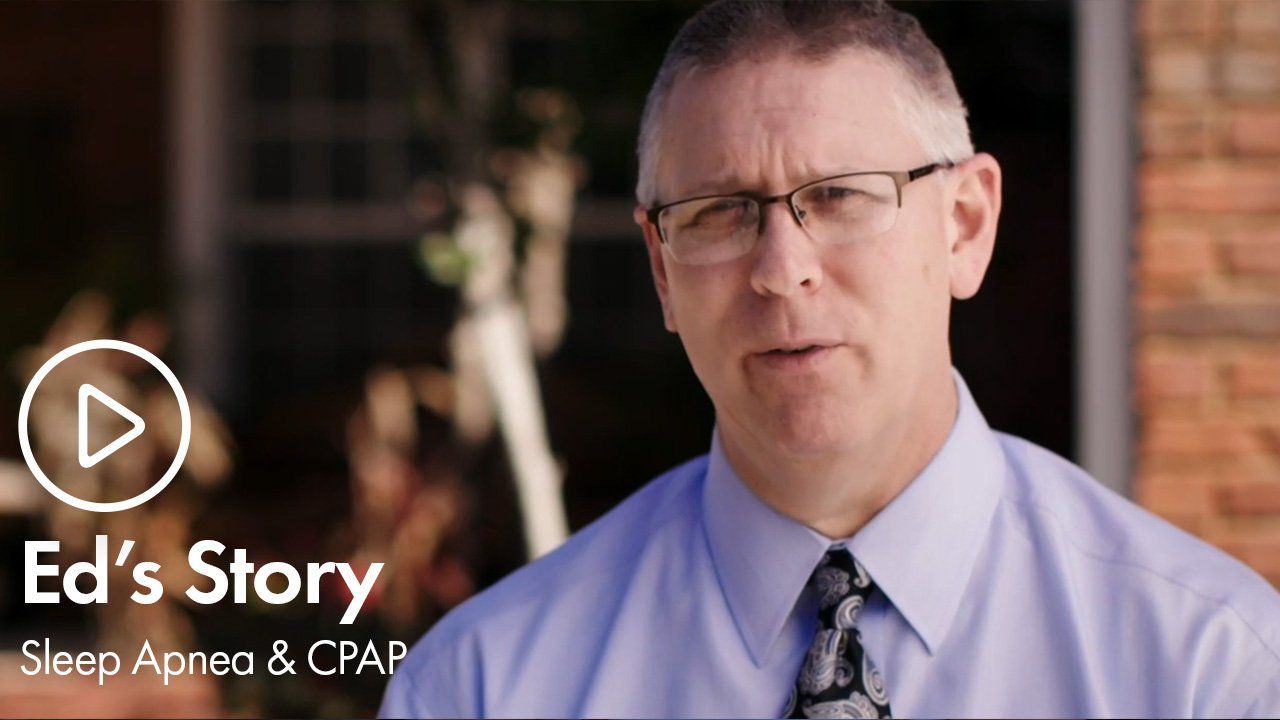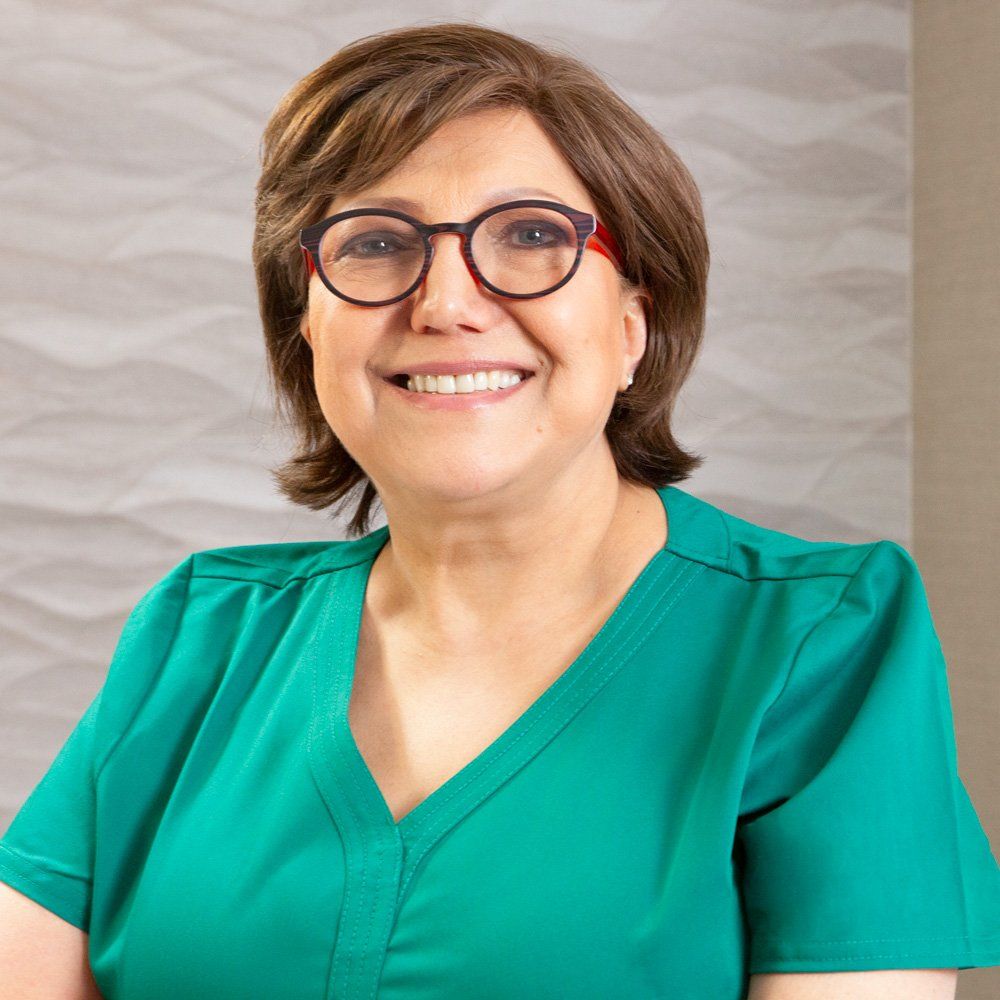Adult Airway Health:
Sleep-Disordered Breathing and Alternative Sleep Apnea Treatment for Adults
Adults with sleep-disordered breathing may struggle for years without realizing the cause of their exhaustion and poor health. Chronic issues like sleep apnea can lead to much more than daytime sleepiness. Without treatment, your sleep apnea can lead to more serious medical issues such as:
- High blood pressure
- Liver problems
- Heart problems (heart attack, stroke)
- Type 2 diabetes
- Metabolic syndrome
At Breath of Life Dental (BOLD), we want you to experience the high-quality and restful sleep you need to live a long and healthy life. That is why Dr. Maryam Seifi provides alternative treatments for sleep apnea right here in our North Bethesda, MD, clinic. Unlike traditional solutions for sleep apnea, Breath of Life Dental (BOLD) uses proven treatments that address the underlying causes of your sleep-disordered breathing.
Are you ready to find out how you can get a great night’s sleep and improve your overall health? Call us at
(301) 770-1070 to schedule an examination with Dr. Maryam Seifi today!
What Is Sleep-Disordered Breathing?
Sleep-disordered breathing is a term to describe the different conditions that affect your breathing when you go to sleep at night. It is considered disordered breathing because instead of being able to breathe easily (like you do when you are awake), the condition negatively impacts your ability to breathe and takes a toll on your physical health.
One of the most well-known types of sleep-disordered breathing is
sleep apnea, which causes you to stop breathing intermittently throughout the night.
The Different Types of Sleep Apnea
There are three different types of sleep apnea, all of which interrupt your breathing at night. The best treatment for your needs will depend on the type of sleep apnea you have.
Obstructive Sleep Apnea
It is called obstructive sleep apnea because something (usually your tongue or the muscles in your throat) physically obstructs your airway and causes you to choke. This can happen when your throat muscles relax too much in your sleep. In some cases, especially if you sleep on your back, your tongue can actually block your airway and cause you to wake up gasping for air. You can have mild, moderate, or severe obstructive sleep apnea.
Central Sleep Apnea
This type of sleep apnea is caused by issues with your central nervous system and your respiratory system. When working properly, your brain will send signals to your lungs to keep breathing while you’re asleep. This is why we don’t have to consciously think about breathing. But sometimes those signals aren't sent. In other cases, your brain may send the signals but your lungs will ignore them. This causes your breathing to stop and makes you wake up at night choking or gasping.
Complex sleep apnea
This type is also known as treatment-emergent sleep apnea. This is because in some cases, the treatment for obstructive sleep apnea can lead to a person developing central sleep apnea. So even though the obstruction has been handled and your airway is clear, the signals from your brain that tell your lungs to keep breathing end up not coming or being ignored and the sleep apnea continues.
Common Sleep Apnea Symptoms
The reason most adults don’t realize they have sleep apnea is because the most obvious symptom of choking or gasping for air happens when you are asleep. What makes it even more difficult to detect on your own is that most adults do not remember waking up in the middle of the night because they are so tired. So how can you tell if your exhaustion is caused by sleep apnea?
One way many adults find out is that their spouse tells them. But if you sleep alone, there are still symptoms you can look out for to detect sleep apnea. These include:
- Chronic snoring
- Waking up gasping, choking, or snorting
- Morning headaches
- Dry mouth or sore throat
- Trouble focusing during the day
- Chronic daytime sleepiness
- Sudden mood changes
- Depression or anxiety
- Sudden short temper
- Low sex drive
- TMJ disorders
If you have any of these symptoms, call Breath of Life Dental (BOLD) at
(301) 770-1070 to schedule a consultation with Dr. Maryam Seifi. She will be able to determine if you might have sleep apnea, help you get an official diagnosis, and provide non-invasive treatment to handle the causes of your sleep apnea.
CPAP Treatment for Sleep Apnea
When people think of sleep apnea, they usually think of a CPAP machine. This is because continuous positive airway pressure (CPAP) is one of the most common methods of treating sleep apnea in adults.
The way a CPAP machine works is simple: when you go to sleep, you wear a face mask with a tube attached to the air pressure machine. Throughout the night, the machine will provide airflow at one consistent pressure level. This helps to keep your airway clear by essentially forcing the air down, which is why continuous positive airway pressure is often used to treat obstructive sleep apnea.
CPAP machines have long been the standard treatment for mild sleep apnea because they can effectively relieve the symptoms and help you get a good night’s sleep. However, using a CPAP machine is a lifelong commitment because it does not address the cause of your sleep apnea, only the symptoms.
Is CPAP Treatment Right for You?
CPAP has helped tons of adults all over the world to get a good night’s sleep in spite of their sleep apnea. However, most patients have experienced similar troubles with this treatment. The most common complaints we hear about CPAP machines are:
- The mask is uncomfortable.
- It is hard to fall asleep while wearing it.
- The machine is too noisy.
- The noise interrupts their spouse’s sleep.
- Wearing the mask feels claustrophobic.
- It’s hard to breathe forced air.
- The mask irritates the face and skin.
- The air causes a dry or stuffy nose.
- It is a lifelong treatment that does not solve the real problem.
What often ends up happening is that sleep apnea patients who can’t get used to using a CPAP machine give up on their treatment entirely.
Surgical Treatment for Severe Obstructive Sleep Apnea
Because obstructive sleep apnea is often caused by having a small airway, many patients may consider surgery to correct it. Your doctor may recommend surgery if you have severe obstructive sleep apnea and other treatments have not relieved your symptoms.
The most common surgical procedures to correct sleep apnea are:
Other Common Treatments for Sleep Apnea
If you are not ready to commit to surgical treatment, there are other steps you can take at home to try to relieve your sleep apnea symptoms.
Is There a Better Way to Treat Obstructive Sleep Apnea Syndrome?
Dr. Maryam Seifi at Breath of Life Dental (BOLD) wants you to know that there is a better way to treat your sleep apnea! She has been helping adults in North Bethesda, MD, achieve better quality sleep and better overall health for many years now using the Vivos system of oral appliance therapy.
Instead of dealing with invasive surgical procedures or enduring the discomfort of a CPAP machine, you can correct the underlying causes of your sleep apnea with a simple oral appliance. Dr. Seifi has seen fantastic results in patients who use oral appliance therapy to treat their sleep apnea.
The best part is that once you have completed your treatment plan with the Vivos system, you will no longer have to use the oral appliance to get a good night’s sleep! This is a permanent, long-term way of treating sleep apnea that can improve your overall health and enable you to get the deep, restful sleep you deserve.
How Does the Vivos System Work to Treat Sleep Apnea?
First, Dr. Maryam Seifi will give you a thorough examination to determine the exact cause of your obstructive sleep apnea. This could be a combination of several factors, such as:
- A small airway
- Misaligned jaws
- Too small of an upper arch
- Underdeveloped mandible
Depending on your specific needs, Dr. Seifi will recommend one of the Vivos oral appliances. These custom-fitted oral appliances treat the underlying causes of obstructive sleep apnea by changing the shape and position of your jaws and palate. If you have ever seen someone get braces, it is similar to how traditional braces reposition your teeth.
The Vivos appliance will apply gentle, continuous pressure to your arches and palate to expand your airway (also called
maxillary expansion). The Vivos oral appliance can also correct the alignment of your jaws to provide enough room in your mouth for your tongue. This will reduce the risk of your tongue obstructing your airway at night.
The best part of this incredible treatment is that the Vivos oral appliances are removable which makes them easy to clean and take care of. When you follow your treatment plan as laid out by Dr. Seifi, you will see the life-changing results of the Vivos system for yourself.
What Are the Benefits of the Vivos System for Treating Obstructive Sleep Apnea?
You can get excellent sleep apnea treatment without CPAP therapy. When you wear your Vivos oral appliance as directed, you can handle the causes of your sleep apnea while experiencing these amazing benefits:
- All-natural pain relief
- Nonsurgical treatment
- Non-invasive treatment
- No medication required
- Comfortable and discreet treatment
- Easy to use oral appliance
- No noise disturbing your sleep
- Permanent, life-changing results
- Improved quality of sleep
- FDA approved treatment
If you follow your sleep apnea treatment plan that Dr. Seifi designs for you, it will take on average 12 to 24 months to complete your treatment with the Vivos system. And once you are finished, you will no longer need to wear your oral appliance. Thanks to this incredible technology, you will be able to get the deep, uninterrupted sleep you need for a long and healthy life.

